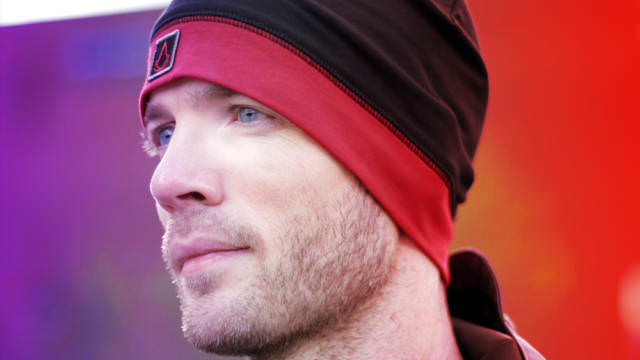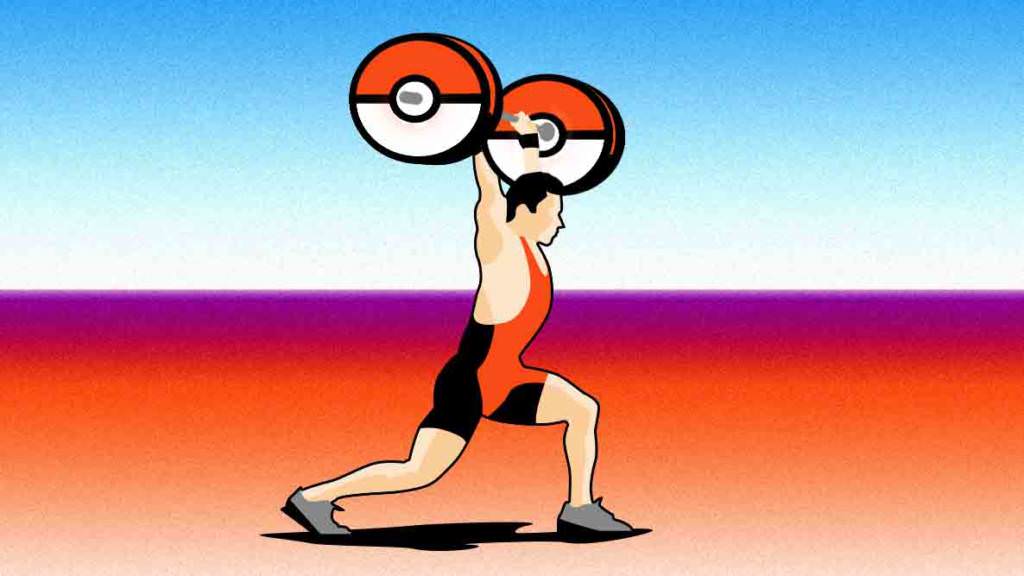The fitness industry has discovered a lucrative audience in the gaming community—despite a long-held assumption that video game fans are obese and lazy.
“The persistent notion that gamers are overweight slobs without concern for their own health is patently incorrect,” SuperData Research CEO Joost van Dreunen told AListDaily. “This is both a result of gaming becoming more mainstream and a shift in awareness around nutrition and health.”
Twitch, the livestreaming platform known for its active video game community, has experienced a surge in fitness streamers over the past two years.
“We are definitely seeing growth in the space,” Brittany Brown, Twitch community programs manager told AListDaily. “One interesting fact is that whenever we spotlight a fitness stream, we generally see a new batch of fitness streamers cropping up shortly afterward. When people realize there is an outlet for them to embrace their passion and also monetize it, it is a great motivator to start streaming on Twitch.”
Jackson Bliton—known as Bajheera—has amassed a large following on Twitch for streaming both his World of Warcraft sessions and his gym routine. The gaming bodybuilder is an influential figure in both the fitness and gaming communities, recently partnering with Bodybuilding.com to offer discounts on its products.
Incredibly PUMPED to announce that we've partnered up w/ @Bodybuildingcom 💪🏼😁👍🏼
Use code "BAJHEERA10" for 10% off! https://t.co/VHtHJInfWS 😎 pic.twitter.com/WRBOO8cKVI— Bajheera (@BajheeraWoW) September 1, 2017
“Because Twitch represents a new economy for fitness content creators, it is beginning to attract more of them,” says Brown. “Brands need to be where their users are and although it is at a nascent stage, Twitch represents the next evolution of the fitness industry.”
Fitness brands have connected with the gaming community—and vice versa—through games like The Biggest Loser, Gold’s Gym Dance Workout, Gold’s Gym Cardio Workout and Jillian Michaels Fitness Ultimatum for the Nintendo Wii. Nike partnered with Take-Two Interactive to provide bonus content for NBA 2K18.
Gaming brands are also marketing to the health-conscious players. To promote Assassin’s Creed: Origins, Ubisoft has introduced a branded line of athletic wear called the Assassin’s Creed Kinetic Collection. The collection includes jackets, hats, pants and more for the gamer on the go.

Speaking of “go,” many gamers said—some jokingly, others not—that they would play Pokémon GO hoping that the location-based game would help get them in shape. The game convinced millions to walk outside with what technology research firm Gartner calls “persuasive algorithms.”
“The Pokémon GO phenomenon showed how gamification algorithms, combined with augmented reality, can induce people to leave the indoors and step into the wider world, with potential benefits for fitness and health and for local businesses,” Gartner noted in its October 2016 report, “Top Strategic Predictions for 2017 and Beyond: Surviving the Storm Winds of Digital Disruption.”
Augmented reality is one way to encourage healthy behaviors, and another is virtual reality. Many health-conscious consumers are now donning VR headsets to work out in virtual environments with or without equipment such as stationary bikes.
“Gamification” of exercise routines, as well as other aspects of daily life like work and education are becoming more commonplace. Exercise is predicted to become more gamified by 2020, according to Pew Research. Setting goals, repetitive tasks and seeing results—these are all notions gamers already know and enjoy.

